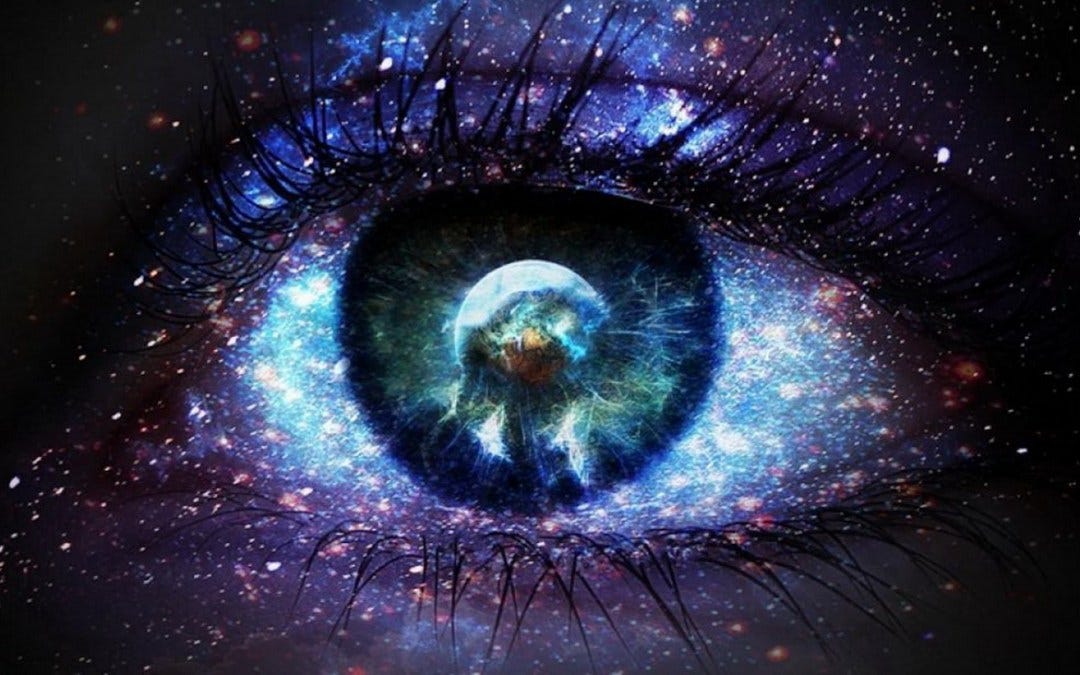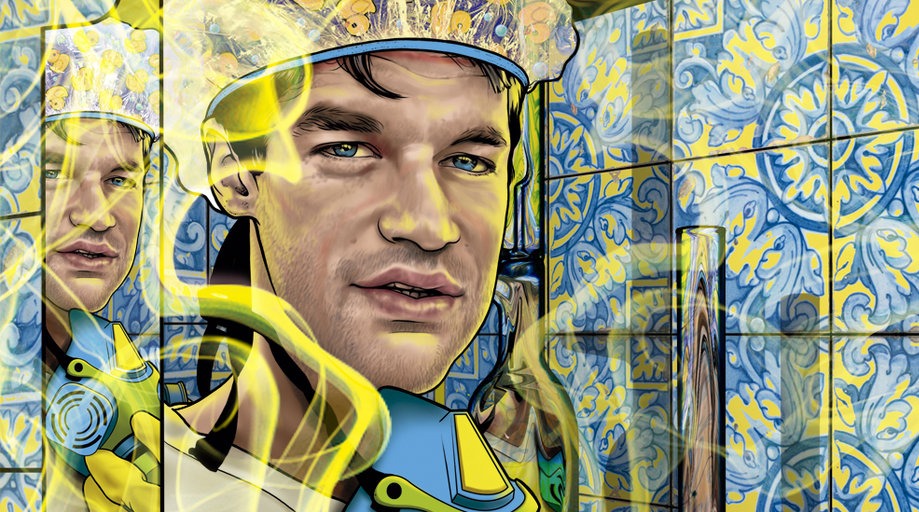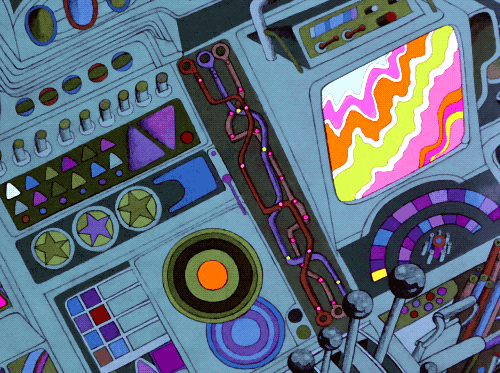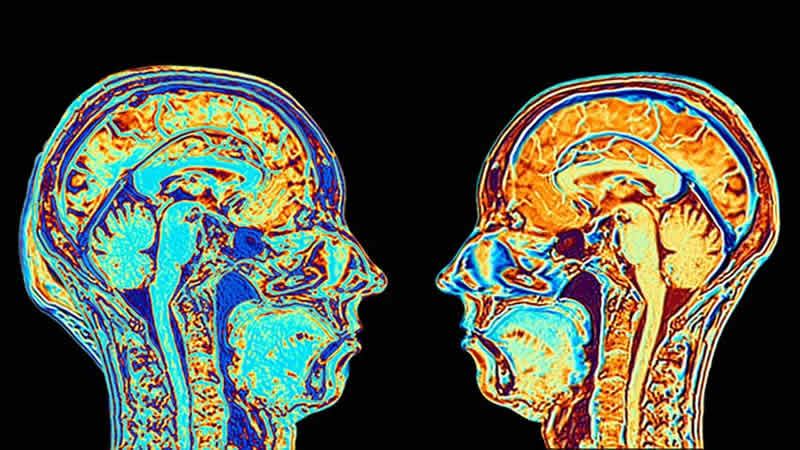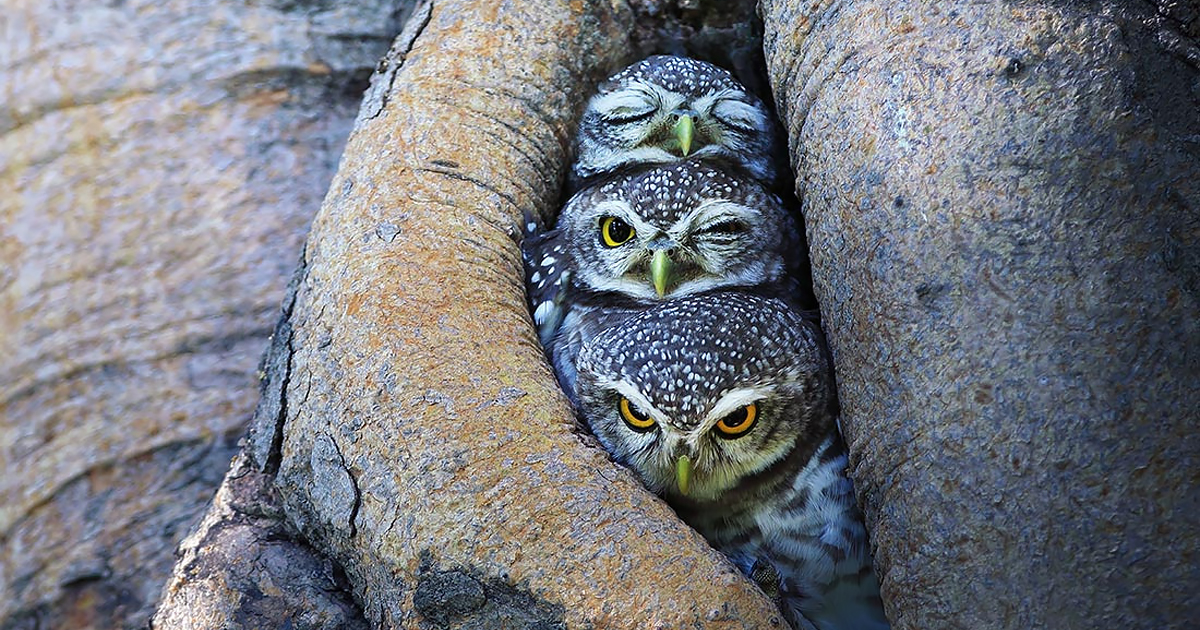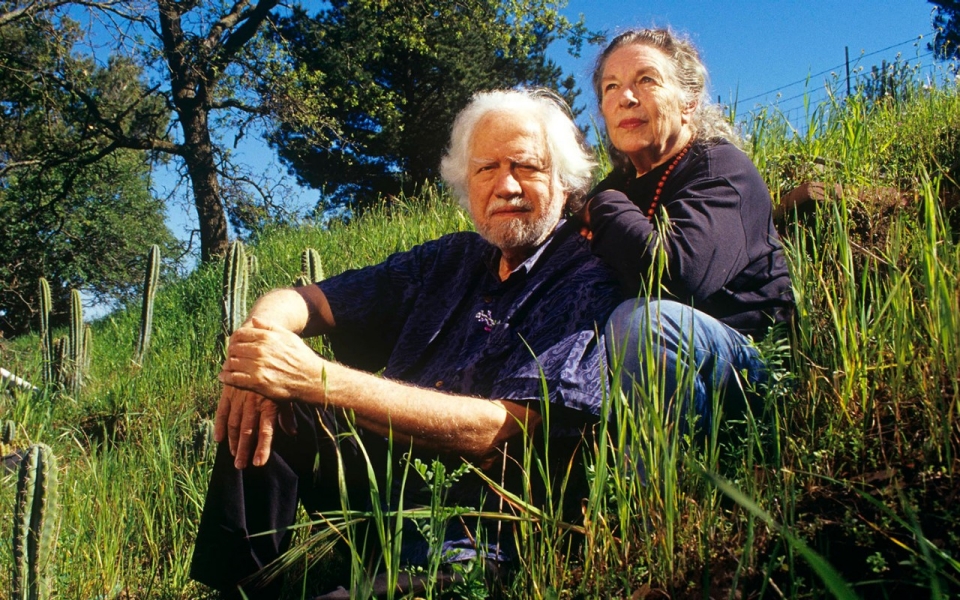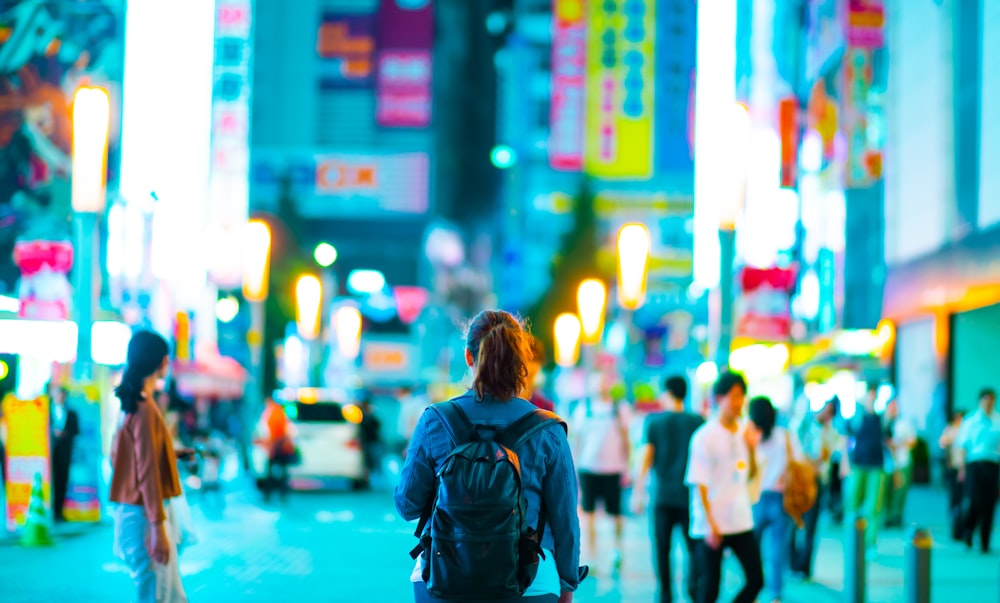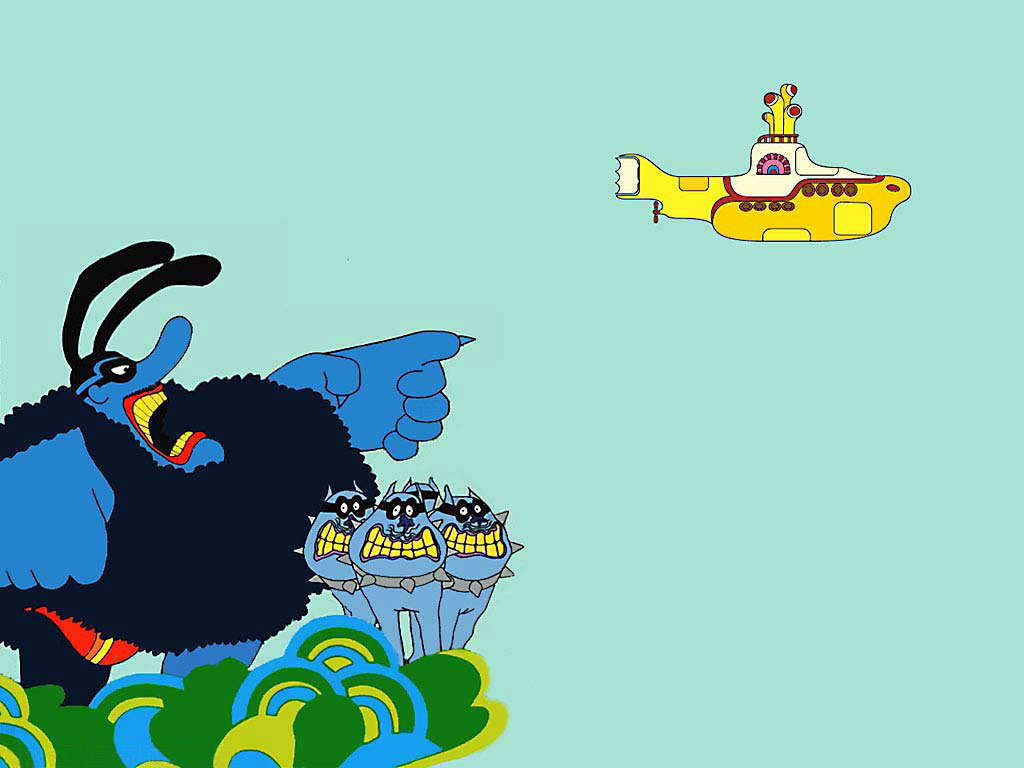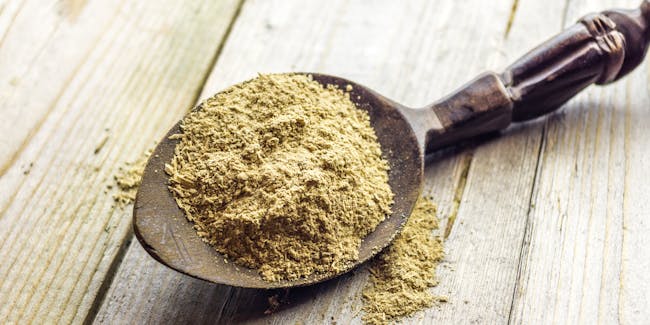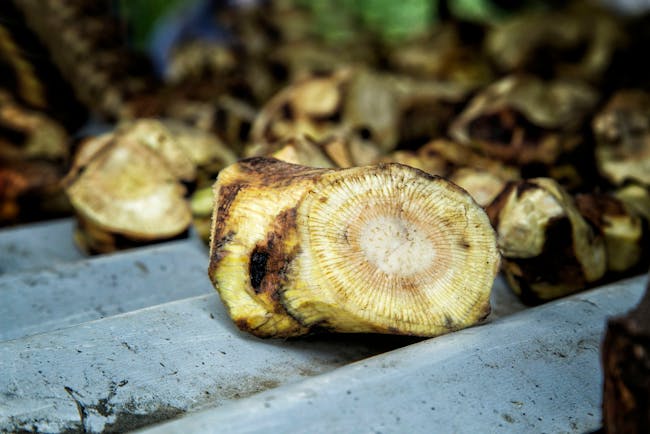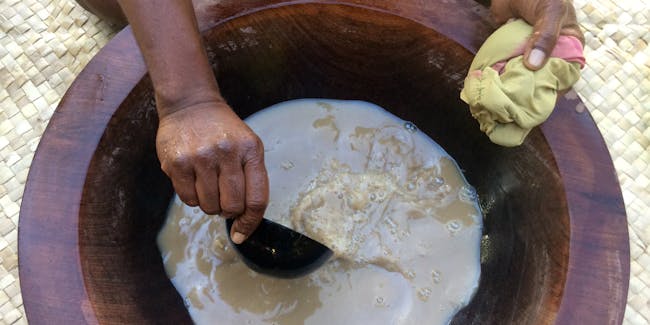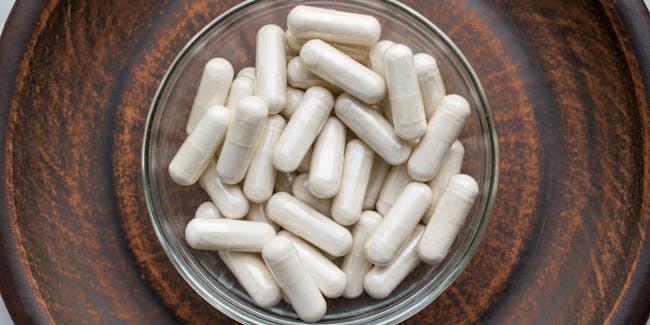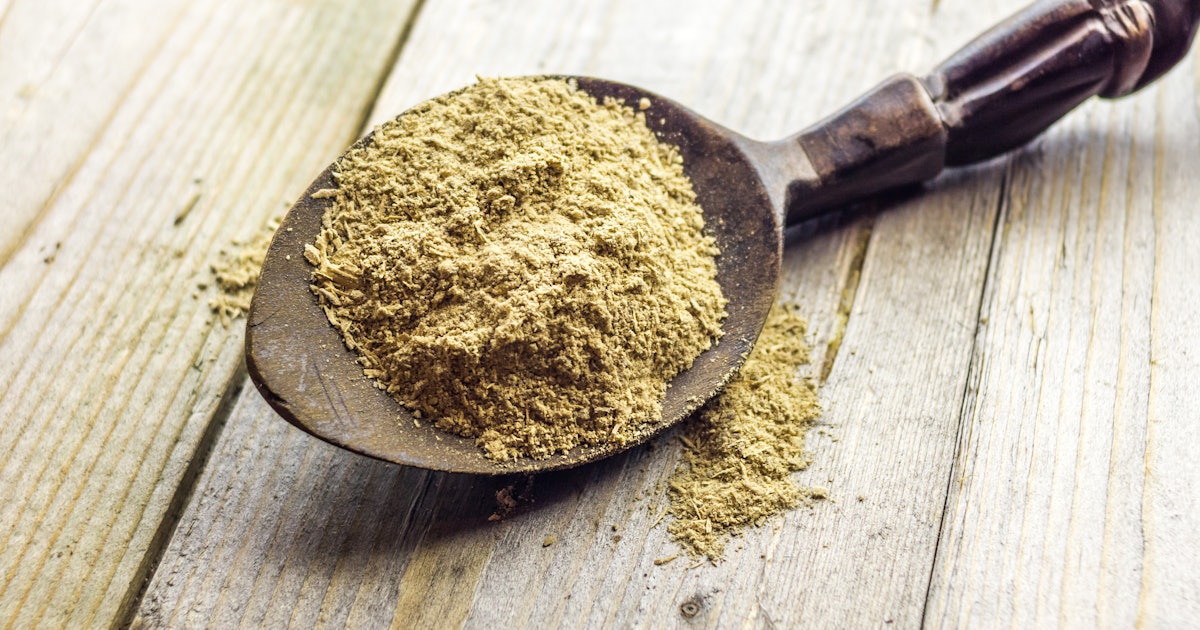mr peabody
Bluelight Crew

Can psychedelic drugs treat Anxiety?
by Matthew Shaer | Men's Health | 2 May 2017
More and more doctors think so. Here's what you need to know.
Octavian Mihai, a student at NYU, was diagnosed with Hodgkin's Lymphoma, a cancer of the bone marrow and blood. Although a CT scan showed that the disease had spread throughout his body, Mihai's oncologist was confident the cancer would respond to chemotherapy, after eight months of treatment, the cancer cells in Mihai's blood had been eliminated.
Mihai should have been thrilled. Instead, he was gripped by a suffocating anxiety.
"Intellectually, I understood that the five-year survival rate for stage 3 Hodgkin lymphoma patients is about 80 percent," recalls Mihai, who studied medicine at NYU. "But that also meant that 20 percent of those people died. And the idea that there was always going to be this thing hanging over me, something threatening my existence?it was chewing at me."
Long a casual imbiber, Mihai doubled down on his drinking in an effort to drown out the anxiety. It worked, to a point. But in the mornings, along with the hangovers, the anxiety flooded back even stronger.
"Eventually I decided I couldn't take it anymore," he remembers. His doctor at NYU suggested Xanax, but Mihai declined, suspecting that a benzodiazepine would just temporarily numb him up, like booze. "Well, there is another possibility," the doctor suggested, "if you're up for it."
The doctor's colleague at NYU Langone Medical Center was preparing a trial of psilocybin to treat the anxiety and depression that often accompany a cancer diagnosis. There was still room on the roster. Mihai had never done anything stronger than marijuana, but he was desperate.
A few weeks later, Mihai stood in a softly lit room at Langone with two psychotherapists who would guide him through his first psychedelic trip. A metal chalice was produced, a capsule inside. Mihai swallowed. For half an hour, he felt nothing. He excused himself to the bathroom.
He was standing at the mirror when something strange and wonderful happened. "I saw another universe on the other side," Mihai recalls. "The walls were crooked; absolutely nothing was straight anymore. I wanted to jump through the glass, slide into that other world."
He walked back into the main room and lay down on the couch. There, in the company of the psychotherapists, and with a blindfold over his eyes and noise-canceling headphones on his ears, Mihai began to trip. Really trip. Like, an I'm-in-the-movie-Inception-level trip.
Bright colors, infinite darkness. The ability to traverse time and space. The type of trip where reality seems to cave in on itself, where you're convinced you're finally seeing the world as it actually is: ineffable, generous, harmonic. As a track of tribal, bass-heavy music pulsed through his headphones, Mihai felt, for the first time in memory, perfectly at peace.
"I'd describe it as having my mind permanently opened," Mihai says. "And the anxiety was gone."
What Mihai experienced was not novel. Researchers have experimented with the potentially palliative effects of psychedelics since at least the 1940s, when the Swiss chemist Albert Hofmann began experimenting with LSD which he'd synthesized a few years earlier. In the '50s and '60s, thousands of patients participated in studies; many saw a decrease in their anxiety and showed improvements in mood after one trip, like Mihai.
Psychedelics are again finding favor among scientists. NYU Langone isn't alone: Teams at institutions as varied as Imperial College London, the University of Alabama, and Johns Hopkins are currently studying them.
Last year, a Brazilian review claimed that ayahuasca, a psychedelic brew that originated with Amazonian tribes, may help curb depression. And the FDA allowed MAPS to proceed with tests on the ability of MDMA (or ecstasy) to counteract symptoms of post-traumatic stress.
"Look at all the states that have legalized medical marijuana," says Philip Wolfson, M.D., a California psychiatrist and early proponent of psilocybin and MDMA therapy. "There's this growing sense that mind alteration can be a good thing... helpful, beneficial, even pleasurable. And that prohibition full stop isn't a healthy thing."
Adding to the momentum is the rising popularity of "microdosing" of LSD, which advocates suggest can boost creativity and mood.
A study in Proceedings of the National Academy of Sciences found that LSD amps up electrical activity and bloodflow in the visual cortex, the brain region that interprets what you see. Other research suggests that LSD lets otherwise separate areas of the mind communicate.
Still, scientists haven't figured out what's happening on a molecular level, says Dr. Greer. "We don't know how many of these healing experiences are biological in nature, or how many are a product of experiential healing, or a substance giving a person fresh perspective on his life," says Dr. Greer. "There's a lot more work to be done."
In some cases, psychedelics can exacerbate anxiety symptoms researchers want to treat. In the Langone study, most patients reported decreases in depressed mood and anxiety, but a few experienced a temporary increase in anxiety. Luckily, they were tripping in the company of psychotherapists who could monitor their mental state.
As for Mihai, now 25, he lives in Las Vegas and works as a physician assistant. His cancer is still in remission. His anxiety is firmly under control, and he drinks much less than he used to, progress he attributes in large part to his participation in the Langone study.
"Looking back, I'd describe the experience as having my subconscious thrown wide open," he says. "It was as if I'd finished months and months of therapy, working toward the goal of overcoming these mental blocks, and I got all that in one session."
For months after the trip, Mihai felt aftereffects, occasionally heightened colors and sounds, a shimmer on the face of reality. It faded eventually.
"But when I'm feeling stressed, I can still go back to that day," he says. He recalls what he saw, and the wisdom he attained.
"You've got to have a careful attitude toward it, and use it the right way, in the right setting. You need to respect it. That's when you start to learn."
https://www.menshealth.com/health/a1...-psychadelics/
Last edited:






